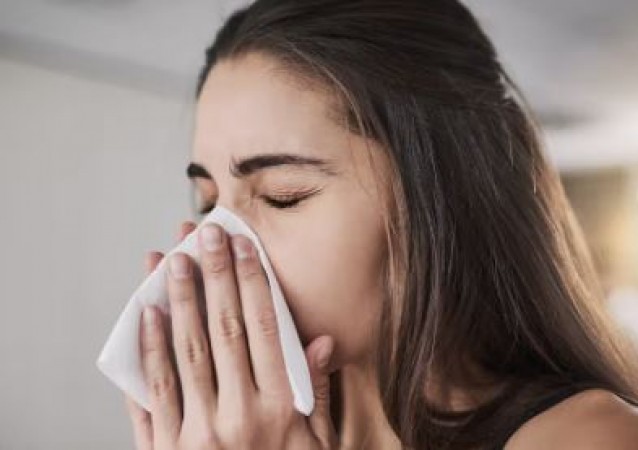
In the hustle and bustle of our daily lives, we often find ourselves battling the urge to sneeze or cough at the most inconvenient times. While it may seem like a minor inconvenience, suppressing these natural reflexes can have unexpected consequences, posing potential dangers. Let's delve into the risks involved and identify who is most susceptible to these hazards.
Suppressing a sneeze or cough interferes with the body's innate defense mechanisms. These reflexes play a crucial role in expelling irritants, microbes, and allergens from the respiratory system.
Sneezing is the body's way of clearing the nasal passages. The forceful expulsion of air helps remove irritants, preventing them from reaching the delicate lungs.
Coughing, on the other hand, acts as a protective mechanism for the respiratory tract. It expels mucus, dust, and other foreign substances, preventing them from causing harm.
When a sneeze is stifled, the pressure that would have been released through the nose can build up in the sinuses. This pressure may lead to various complications, including sinusitis.
Suppressing a powerful sneeze can momentarily increase blood pressure, putting strain on the cardiovascular system. Individuals with pre-existing heart conditions should be particularly cautious.
A suppressed sneeze can force irritants back into the Eustachian tubes, increasing the risk of ear infections. Similarly, holding back a cough may contribute to throat infections.
Pregnant women, already susceptible to immune system changes, may face additional risks. Suppressing coughs and sneezes could lead to complications, affecting both mother and baby.
Individuals with weakened immune systems, such as the elderly and those with chronic illnesses, are more susceptible to the adverse effects of suppressing sneezes and coughs.
Children, in their developmental stages, may not comprehend the risks. Educating them on the importance of letting these reflexes occur naturally is crucial.
People with conditions like asthma or respiratory allergies face heightened risks when suppressing sneezes and coughs, potentially triggering exacerbations.
Raising awareness about the potential dangers of suppressing sneezes and coughs is vital. Public health campaigns can play a crucial role in educating communities.
While allowing sneezes and coughs is essential, promoting proper etiquette, such as covering one's mouth and nose, helps mitigate the spread of infections.
Individuals with concerns about the impact of suppressing these reflexes should consult healthcare professionals. Expert guidance can help address specific health conditions and risks.
In conclusion, the seemingly innocuous act of suppressing sneezes and coughs can have far-reaching consequences, particularly for vulnerable populations. It's imperative to respect and understand the body's innate defense mechanisms. By doing so, we can contribute to our overall well-being and that of those around us.
Maharishi Valmiki Airport: PM Modi's Flagship in Ayodhya, Key Facts
ISRO Empowers India's Defense with 50 Spy Satellites in Next 5 Years
Govt Considering Up to Rs 10 per Litre Reduction in Petrol, Diesel Prices as New Year Gift